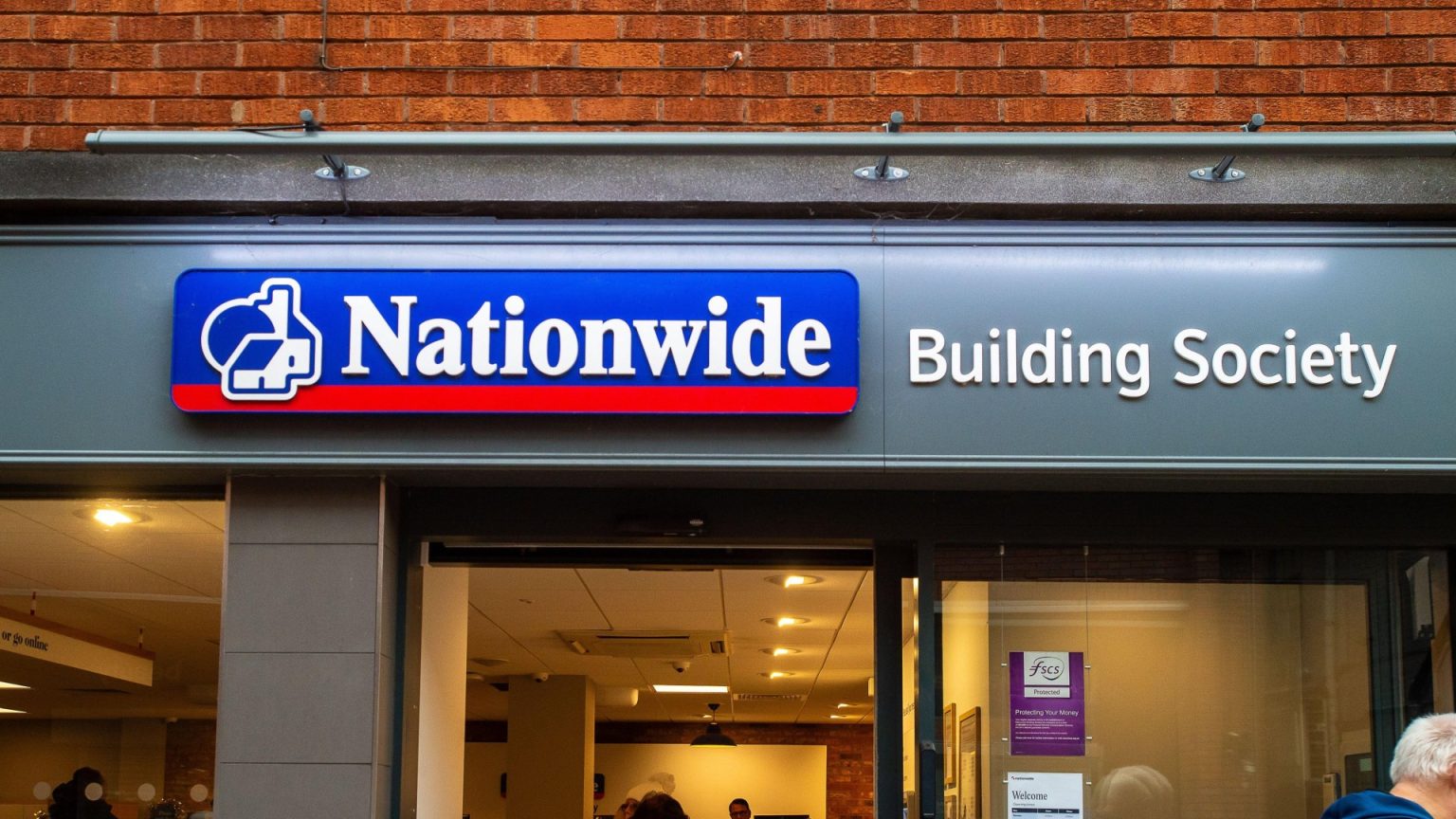Nationwide Building Society, the UK’s largest building society, is implementing significant interest rate reductions across a wide range of its savings accounts, impacting millions of customers. This move, effective February 1st, comes in response to the Bank of England’s decision to lower the base rate in November and maintain it in December. While this reduction benefits borrowers with lower mortgage costs, savers face diminished returns on their deposits. Nationwide’s decision underscores a broader trend among financial institutions adjusting their interest rates in line with the base rate, a pattern that often leaves savers at a disadvantage.
The specific impact on individual Nationwide savers hinges on the type of account they hold. Fixed-term accounts, with interest rates locked in for a predetermined period, remain unaffected by these changes. However, variable rate accounts, particularly easy-access and instant access accounts, are subject to rate reductions. Nationwide is lowering rates on 89 such accounts, with decreases ranging from 0.10% to 0.26%. While the building society acknowledges the impact on savers, they emphasize their efforts to mitigate the effects and maintain a competitive savings range, pointing to a substantial return of member financial benefits earlier in the year.
The rate reductions affect both standard savings accounts and Individual Savings Accounts (ISAs). Among the 55 non-ISA savings accounts affected, the majority are easy-access accounts, allowing customers unrestricted access to their funds. Many of these accounts, currently offering interest rates around 2.05%, will see their rates drop to approximately 1.80%. Specific examples include the Branch Easy Access, Cashbuilder Book, Cashbuilder Card, and Direct Easy Access accounts, among others. Some accounts, like the 1 Year Triple Access Online Saver and various “Smart” accounts, will experience smaller reductions of 0.10% and 0.25%, respectively. However, one account, the Branch Single Access account, will see a rate increase of 0.75%, rising from 2.8% to 3.55%.
Nationwide is also reducing rates on 34 ISA products, primarily impacting easy-access ISAs. Most variable cash ISAs will see a 0.25% rate cut, affecting popular accounts such as the Branch Easy Access ISA, various “Easy” ISAs (Easy Access, Easy Cash, Easy Saver, e-ISA), Direct Cash ISA, Inheritance ISA, and several others. Smaller reductions apply to accounts like the 1 Year Triple Access Online ISA and the Branch Reward ISA and Loyalty ISA, both seeing a 0.10% decrease. Savers holding funds in these affected accounts are encouraged to explore alternative options offering more competitive interest rates.
In the current landscape, high street banks often offer lower interest rates compared to newer online banks, also known as challenger banks. These online institutions typically have lower operational costs, enabling them to offer more attractive interest rates to attract customers. Currently, several providers offer rates up to 4.86% on their easy-access savings products. For those seeking readily accessible savings, easy-access accounts are the recommended choice. Currently, GB Bank, through the NuWealth platform, offers the leading non-ISA easy-access account with a 4.86% interest rate, requiring a minimum deposit of £500. For those seeking tax-free savings, Plum offers the best easy-access cash ISA with a 5.01% return.
For savers with longer-term goals and no immediate need for access to their funds, fixed-term bonds or regular savings accounts present potentially more lucrative options. Fixed-term bonds offer a fixed interest rate for a set period, providing predictable returns. Regular savings accounts encourage consistent saving habits with potentially higher interest rates compared to standard easy-access accounts. There are various types of savings accounts available, each with its own characteristics and benefits. Fixed-rate accounts, also known as fixed-rate bonds, offer higher interest rates but restrict access to funds for the agreed-upon term. Notice accounts offer slightly lower rates but allow access to funds with advance notice, typically up to 180 days. Easy-access accounts offer the greatest flexibility with unlimited withdrawals but generally provide lower returns. Regular saver accounts offer competitive rates for consistent monthly deposits, often with limits on the deposit amount.
To efficiently compare savings rates, using price comparison websites such as MoneyFactsCompare.co.uk and MoneySupermarket is recommended. These platforms streamline the process and highlight the most competitive rates available, allowing users to tailor searches to specific account types. As a benchmark, accounts offering interest rates higher than the current inflation rate should be considered. It’s generally advisable to maintain some funds in an easy-access account for unexpected expenses. For long-term goals, fixed-term bonds offer potentially higher returns. Looking ahead, savings rates are likely to fluctuate in response to future changes in the Bank of England’s base rate. While lower rates benefit borrowers, they pose a challenge for savers. Opting for a fixed-term bond can provide a degree of insulation against future base rate reductions.


